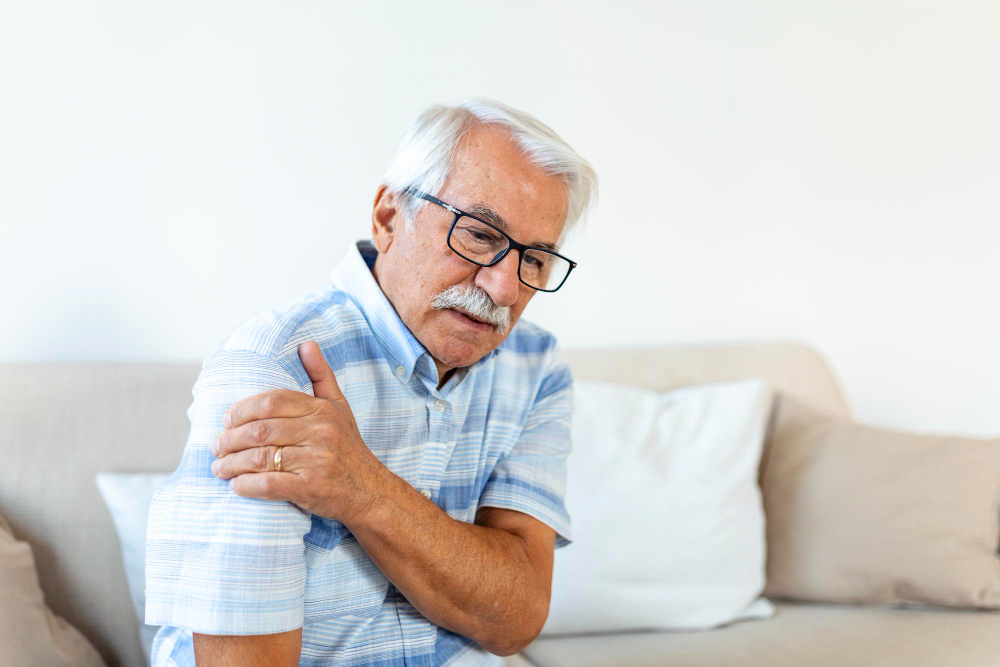Acne is one of the most common skin conditions, affecting people of all ages—not just teenagers. It can be frustrating and even affect self-confidence. The good news? There are several practical and effective ways to help manage and reduce acne. While not all methods work for everyone, trying different strategies and being consistent can make a big difference.
1. Keep Your Face Clean
Washing your face twice a day helps remove dirt, excess oil, and dead skin cells. Use a gentle cleanser—harsh scrubs or soaps can irritate your skin and make acne worse. Don’t over-wash, though; drying out your skin can cause it to produce more oil.
2. Moisturize with the Right Products
Even oily or acne-prone skin needs moisture. Look for non-comedogenic or oil-free moisturizers that won’t clog your pores. This keeps your skin hydrated without contributing to breakouts.
3. Use Over-the-Counter Treatments
Products containing ingredients like benzoyl peroxide, salicylic acid, or adapalene can be helpful. They work to kill bacteria, dry out excess oil, and speed up skin cell turnover. Be patient—these treatments can take several weeks to show results.
4. Avoid Touching Your Face
Your hands come into contact with bacteria, oil, and dirt throughout the day. Touching your face can transfer these to your skin and trigger breakouts. Also, avoid picking or popping pimples, as this can lead to scarring and more inflammation.
5. Keep Hair and Hair Products Off Your Face
Oils and styling products can clog pores if they get on your skin. Keep hair clean and away from your face, especially if it’s oily, and avoid letting gels or sprays sit on your forehead or cheeks.
6. Eat a Balanced Diet
While the link between diet and acne is still being studied, some people find that certain foods (like dairy or high-glycemic foods) may worsen breakouts. A healthy diet with plenty of fruits, vegetables, whole grains, and water supports your skin’s overall health.
7. Manage Stress
Stress can cause your body to produce hormones that may lead to more oil production and clogged pores. Try stress-relief techniques like exercise, meditation, or deep breathing to help keep your mind—and your skin—calm.
8. Consult a Dermatologist
If acne is severe or not improving with home treatments, it’s time to see a dermatologist. They can offer prescription medications or treatments tailored to your skin type and needs, such as retinoids, antibiotics, or hormone therapy.
Final Thoughts
Managing acne isn’t about achieving “perfect” skin—it’s about finding a routine that works for you and sticking with it. With a little patience and the right care, clearer, healthier skin is absolutely within reach.
Link to see our blog: https://clinicafamiliaramistad.com/blog/
Visit our Facebook: https://www.facebook.com/clinicafamiliaramistad
Visit our Instagram: https://www.instagram.com/clinicafamiliaramistad/
Visit our TikTok:
Visit us!
https://maps.app.goo.gl/3T9EBP5GJJQPzSHVA
Clinica Familiar Amistad
2944 Motley Dr #101, Mesquite, TX 75150



